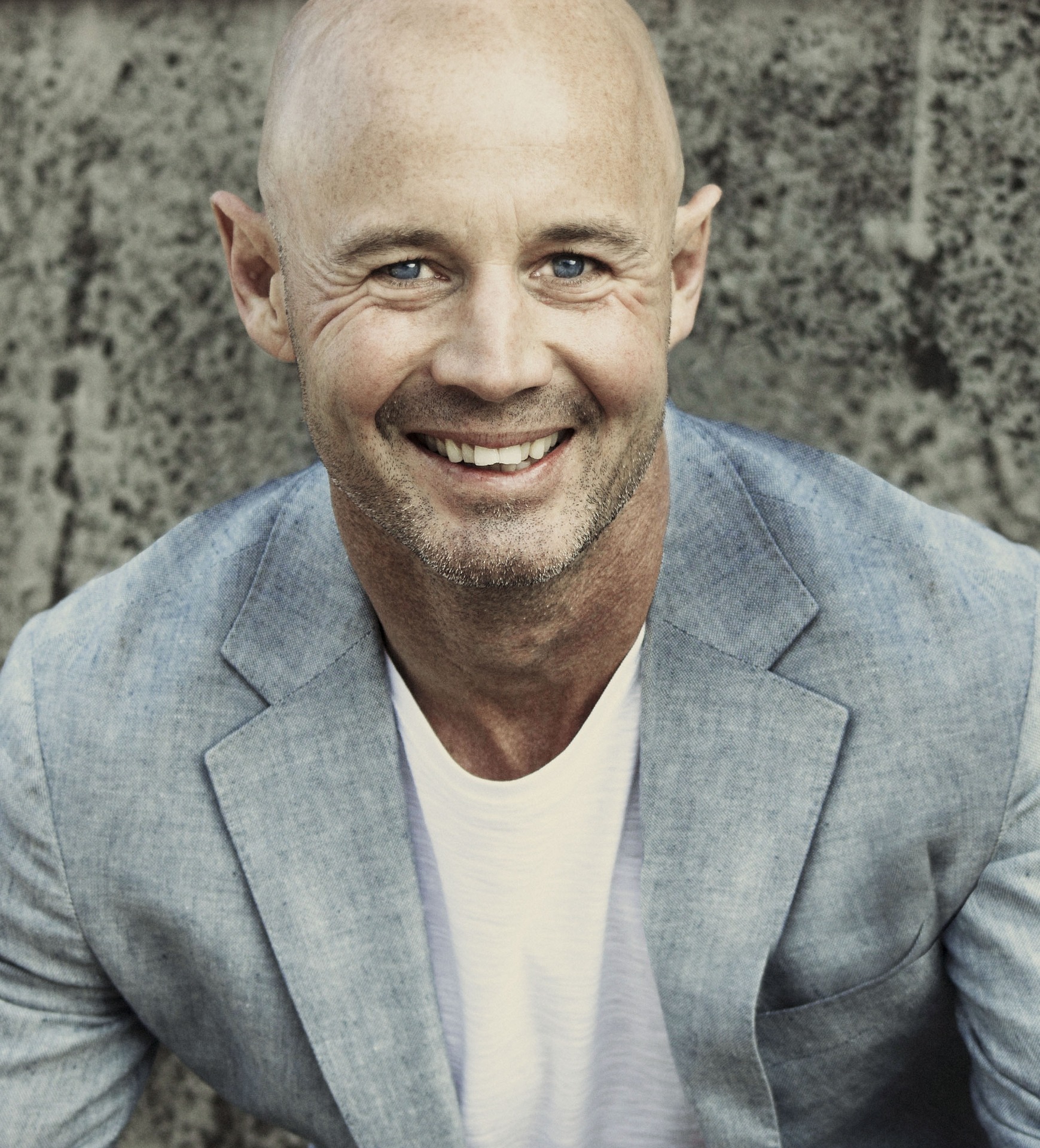
As the primary male hormone, testosterone regulates various processes in a man’s body, and its levels can significantly affect a man’s biological and emotional state. Once a man reaches age 30, his testosterone levels will drop by about one percent per year.
While many men think of testosterone in terms of sexual function, low testosterone causes issues in more than just the bedroom. Men with low testosterone are more vulnerable to several serious conditions including diabetes, high blood pressure, high cholesterol, and cardiovascular disease. Less severe but still common conditions in men with low testosterone include insomnia, less motivation, and less self-confidence.
Testosterone helps increase muscle mass and boosts exercise efficiency, as it is directly tied to male physical strength. The hormone also helps males burn fat more easily. Men with low testosterone levels usually notice a loss of muscle mass in addition to weight gain. They may also find themselves less energetic and more likely to become fatigued in the course of a normal day.
It is testosterone that causes the penis and testicles to develop, as well as stimulates the libido. Testosterone is also responsible for sperm production, so men with low testosterone may experience fertility issues as well as a lack of sexual desire.
When men lose testosterone, their bone density may decrease, which increases the risk of broken bones. In older men, lower bone density and subsequent fractures increase the risk of disability and death.
Testosterone can help regulate mood. Mood swings, irritability, and depression are a sign of low testosterone, but men with low testosterone may suffer from serious cognitive afflictions as well, such as brain fog, diminished ability to concentrate, and memory loss. These cognitive issues may impair a man’s ability to perform work tasks and participate in hobbies.
Testosterone promotes facial and pubic hair growth in adolescence. Later on, loss of testosterone can also be responsible for balding as men age. If a man starts losing body hair, it could be a sign that his testosterone levels are dropping.
Men struggling with the side effects of low testosterone may find that testosterone replacement therapy makes a big difference in their quality of life. This treatment is available in a variety of forms, including injections, gels, creams, and patches. Testosterone replacement therapy can turn back the years and allow a man to feel like himself again.